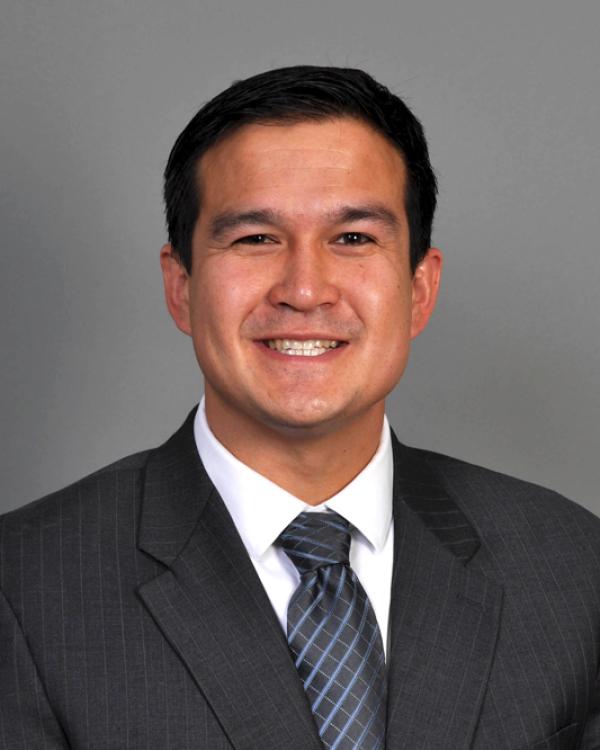
The Department of Defense office of the Congressionally Directed Medical Research Programs will award Ty Vernon and co-PI Andrew Maul from UC Santa Barbara’s Gevirtz School with an Autism Research Program Clinical Translational Research Grant of $738,000 for their project “Clinicianless Training in Autism Treatment: An Adaptive Online Parent Education Program.” They will be partnering with Santa Barbara software company, Novacoast, Inc., to create the phone app for this project.
Despite scientific advances in treatment for autism spectrum disorder (ASD), most families across the United States do not have access to high quality autism services, let alone the best autism treatment models available. There are a number of reasons for this concerning reality, including the limited number of trained autism clinicians around the country, the rising cost of services, geographic distance from autism service providers, and difficulties in being able to effectively and efficiently train a large number of people in the latest treatment models.
Dr. Vernon’s project will focus on effective strategies for taking what works—in this case, highly effective autism treatments shown to improve social communication and motivation in children with autism—and distributing these treatments so that they can benefit a much larger portion of the population.
To accomplish the goal, this proposed study would take advantage of the wide-spread use of smartphones. This study proposes to develop and evaluate smartphone apps as a way to train parents of young children with ASD in an autism treatment model known as Pivotal Response Treatment (PRT). This project will build off the foundational work of one of Dr. Vernon’s doctoral student advisees, Liz McGarry, who developed an online PRT training program for her dissertation project.
Pivotal Response Treatment is a well-known, scientifically supported treatment that focuses on using child motivation, play-based lessons, and parent involvement to target the language skills and social engagement of children with ASD. The core smartphone app will offer eight interactive lessons in PRT, consisting of video examples, slides, and brief quizzes. After each lesson, parents will be asked to record a brief video of themselves using PRT with their child, which is submitted within the app to the research team so that they can monitor parent mastery of the strategies over time. Dr. Vernon will also ask parents to complete autism-related and developmental surveys before and after participation so that he can monitor how their child is improving.
Past research suggests that self-guided autism training (that is, independent learning that relies on the use of online lessons or training videos) is not as effective as face-to-face training with an experienced autism clinician. To address this concern, parents will actually be taught to watch their own videos and score their own performance through question prompts built into the app. When they are finished, the app will offer feedback and follow-up lessons based on the PRT strategies they have not demonstrated consistently. Families in this study will be randomly assigned to use a standard PRT app or this adaptive PRT app with self-scoring to see which one leads to better mastery of PRT and child developmental outcomes.
“The ultimate goal of this project is to put a state-of-the-art autism training program into parents’ pockets,” says Vernon. “A smartphone app-based program ensures that families can access gold standard autism treatment regardless of their geographic location, work schedules, or financial means. If successful, we plan to conduct an even larger nationwide study and ultimately make the app available in smartphone app stores.”
Ty Vernon is an Assistant Professor of Clinical Psychology within the Department of Counseling, Clinical, & School Psychology and Director of the Koegel Autism Center. His primary research interests lie in novel methods for measuring, understanding, and altering the social developmental trajectories of children and adults with autism.
Dr. Vernon received his Ph.D. in Counseling, Clinical, and School Psychology (clinical emphasis) from UC Santa Barbara in 2010. He completed his pre-doctoral internship and post-doctoral fellowship at the Yale Child Study Center (housed within Yale University’s School of Medicine).